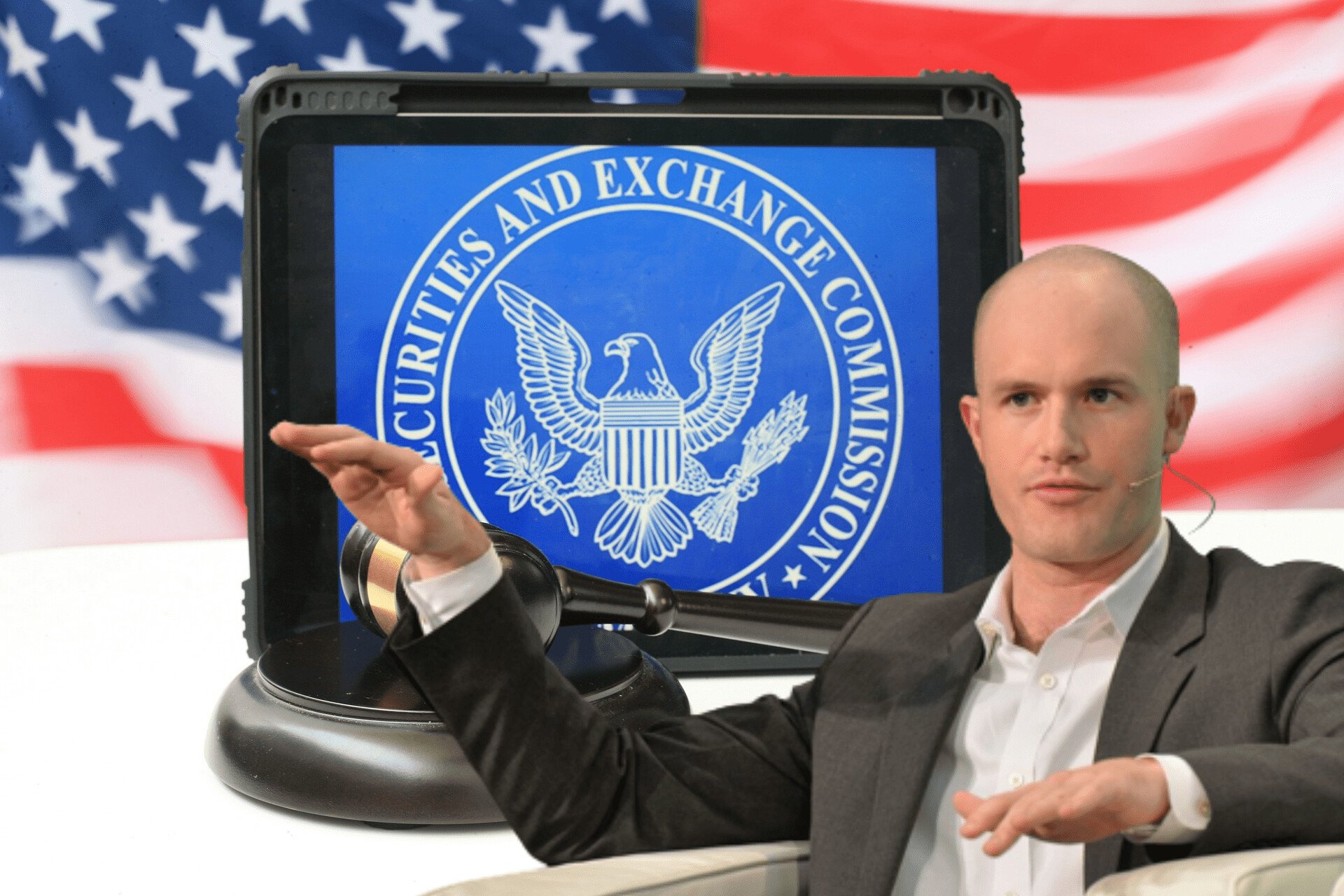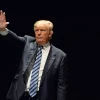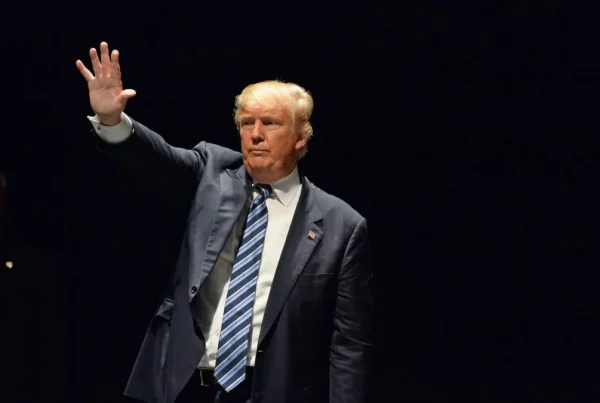Coinbase CEO Brian Armstrong has warned that a hostile regulatory approach by the Securities and Exchange Commission could drive the crypto industry outside of the United States.
In a televised interview with Bloomberg, Armstrong said that almost all major financial hubs, including Singapore, Hong Kong, London, and most recently, the European Union, have introduced comprehensive crypto legislation, adding that the US should also follow suit if it doesn’t want to lag behind.
“What I believe should happen in the United States is that we need a clear rulebook so that this industry can be built here. We don’t want it to be like 5G or semiconductors that went offshore. It’s actually a matter of national security we get the future of the financial system built here inside the United States.”
The crypto billionaire also reiterated his position about the SEC’s recent move to consider Kraken’s staking product as a security amid a broad regulatory crackdown, claiming that staking should not be classified as a security.
“Our staking product is not a security,” he said. “Customers never turn their assets to Coinbase for instance. And we really just are providing a service that passes through those coins to help them participate in staking, which is a decentralized protocol.”
In regard to the staking product, “we are prepared to defend that in court if we need to,” Armstrong said. “But we are never looking for a fight. We want to work collaboratively with regulators all over the world.”
As reported, the SEC has reached an agreement with crypto exchange Kraken to stop offering staking services or programs to clients in the country.
According to the SEC, Kraken failed “to register the offer and sale of their crypto-asset staking-as-a-service program,” which the commission now qualified as securities. Aside from the service’s halt, Kraken agreed to pay $30 million in disgorgement, prejudgment interest, and civil penalties.
In mid-February, Coinbase published a blog post that argued crypto staking is not a security under the US Securities Act, nor under the Howey test. In short, the blog said that crypto staking does not meet any of the four prongs of the Howey test, which is used by the SEC to determine whether an investment contract is a security.
Meanwhile, Armstrong said he does not “have concerns” over the broader stablecoin sector despite the recent regulatory scrutiny around Paxos, a crypto firm that issues Binance’s stablecoin Binance USD (BUSD). He added that he’s “quite bullish” on USD Coin (USDC), which is also a dollar-pegged stablecoin issued by Circle.
Two weeks ago, the New York Department of Financial Services (DFS) ordered Paxos to stop minting BUSD tokens. In a consumer alert, the DFS said it issued the order “as a result of several unresolved issues related to Paxos’ oversight of its relationship with Binance.”
Earlier this week, Coinbase announced the suspension of BUSD trading, saying that the stablecoin does not meet its listing standards.






